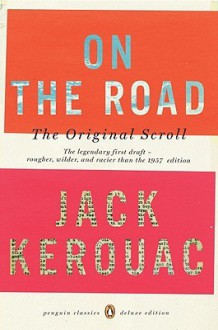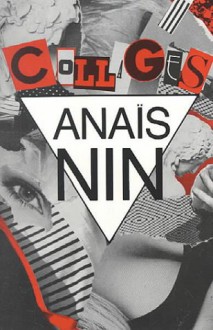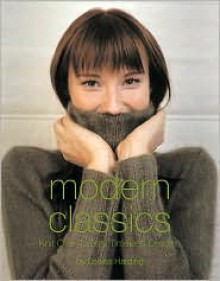
Oh Virginia! How is it that you make your words spring to life from the barren pages and hit my senses with the force of a gale every time? How is it that you peel off the layers of the banal and reveal the terrible beauty of the core? How is it that you steer my consciousness so deep into the murky waters of uncharted territory that resurfacing takes a toll on my strength?
I wonder what spirit possessed you every time you picked up your pen, brimming over with confidence or maybe unsure of your own craft, to pour every ounce of what weighed on your mind fluidly into the empty pages waiting in anticipation. I wonder if you heard the voices of decades lost in the spiral of time whispering into your ears the truest wisdom of all, as you sat at a desk in a room of your own, pursuing the tail end of some stray thought. I wonder if you ever realized the worth of what you wrote or the gift you have left for generations to cherish after your bones and flesh have been turned to dust and returned to where they rose from.
I wonder if I have ever known a woman like Mrs Ramsay in person - been enamored of her ethereal beauty and grudgingly admired her command over the hearts of those who lived in her shadow and the way she let go of that same command as and when her whimsies deemed fit. I wonder if nearly every marital bond ever forged between two individuals has been or is a replication of the interplay of words and emotions, spoken and unspoken, between the Ramsays. I wonder if Lily Briscoe is truly a personification of the unified spirit of the man and the woman, their dichotomies conjoining imperfectly in the splotches of color she dabs on to her empty canvasses.
I strive to make sense of the lighthouse and what it illuminates in a rare moment facilitating cognition, when my eyes have become well-adjusted to the darkness. I don't get the purpose of its existence but I do. I see the lighthouse, hazy and sprayed white by the sea imprisoning it on all sides, standing tall in all its majestic grandeur merging with the horizon, out of my reach and I wonder how it looms so large yet recedes into the distance as a mute, inanimate witness to the play acts of life. I see it as I turn the pages, sometimes not understanding what it is that Virginia wants me to grasp and sometimes struck speechless by the impact of a realization in an instant of profound lucidity.
No other book has rendered me so completely helpless in my measly efforts to encapsulate its essence. No other book has required of me such prolonged contemplation.
Think of the usual quota of trite responses to a question like"How're you?". Think of the quick "I'm fine" or "I'm well, how are you?" that comes without a moment's delay and how untrue and inadequate either response is each time. If somebody asks me to pronounce judgement on TTL, I'd perhaps respond with an equally predictable 'It is the best book I have read yet' and realize instantly how vapid and insincere this answer is, how silly it is to call this Woolf creation merely a "best book".
Currents of erratic thoughts, many of them contradictory in nature, are zipping past each other inside my head this moment and I am unable to articulate into words the fact of their individual existence as I open my mouth or let my fingers move over this keyboard. That is what attempting to dissect To the Lighthouse feels like. Irrespective of what I write or attempt to write, it is sure to be of little significance and ineffective in giving anyone even a teeny glimpse of what Virginia succeeds in capturing so flawlessly.
Sights and sounds and smells and emotions - strong, subtle, indescribable. The ephemeral quality of an instant when a man and a woman watch their little girl play with a ball, a rare moment in time when each of their individual actions and thoughts are somehow in perfect harmony. The resolute constancy of life and it's cautious but sure-footed tread on the newer ground of change and our bittersweet relationship with this change. A melding together of past, present and future in a blur of color and meaning. All of this and much more. A pure cerebral extravaganza, a celebration of the collective spirit of our existence on this ugly and beautiful world of ours, an acknowledgement of both pain and joy. That is what I think it is.
I dream of going to the lighthouse one day like James, I dream of letting it guide my progress in the lightless, labyrinthine pathways into the heart and soul of this narrative once again. I dream of not allowing any sentence, any word to whiz past me uncomprehended when I read this again some day.
Till then I only delight in swaying to the rhythm of her words, in her immortal lyrics in the song of life.

 Log in with Facebook
Log in with Facebook 









